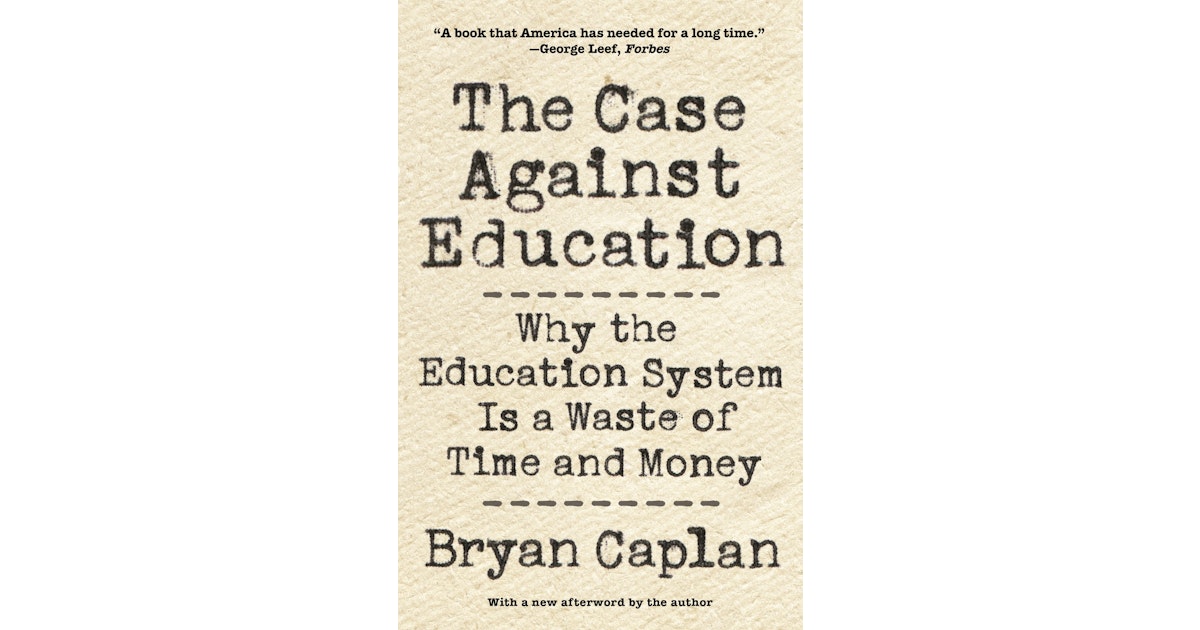
Greetings gentle readers, welcome to another installment of the Sunday Morning Movie. Today it’s some of that good Russian cinema: The Island. It’s a tale of sin and redemption set on a lonely island on the White Sea.
Reviews:
Letterboxd says:
Powerful and thought-provoking. The Island is the kind of film that needs to be analyzed—its story is a parable, and every part of it serves a purpose. You can just feel Tarkovsky’s influence on Lungin here. By no means is this a film for everyone though—it’s pretty grim, filled with symbolism, and demands full attention. I can already tell The Island will stick with me for a while, and I’m sure I’ll be watching it again.
Variety says:
Casting former Russian rock star Pyotr Mamonov as a gaunt, scraggly bearded monk who works miracles by the icy White Sea, punchy helmer Pavel Lounguine (“Taxi Blues,” “The Wedding”) surprises followers with his less-virile but oddly fascinating “The Island.” While not as poetic or narratively complex as Kim Ki-duk’s “Spring, Summer, Fall, Winter … and Spring,” which it superficially calls to mind, this parable about faith and salvation is addressed to the same kind of broad-minded arthouse audience drawn to spiritual themes. Refined visuals and well-paced narrative will clinch fest slots.
The Rad Trad says:
The main theme of this movie is not forgiveness or miracles, but penance. Anatoly is often invited to live with the prior and recover his failing health, but he prefers to sleep on coals and pass his time praying the Jesus Prayer. Moreover, he reproaches those unwilling to live a penitential or God-centered life, even his own prior.
Would God exorcise a demon or tell of the survival in France of a would-be-widow’s husband for any old priest? Probably not. Anatoly’s forgiveness and satisfaction, and presumable entrance into heaven, only come as consequence of his penance, a penance which takes his entire life.
No penance, no peace. No suffering, no real love. No Cross, no heaven.
It is a great film and, despite its length, never really drags, as there are few enough characters that the movie can change focus several times in the course of two hours without veering away from its main point.
My take: I really enjoyed this film. I am a sucker for contemplatives and I secretly dream of ending my days in some remote hermitage, far from the Internet and my phone. The scenery is yet another character in the story: images of roiling seas, craggy rocks covered with lichen, ramshackle log buildings, and lot’s and lot’s of snow set a bleak backdrop against which the protagonist’s agonized struggle with his sins can properly play out. There is humor but it isn’t in contradiction to the spiritual sternness of the storyline, rather it accentuates it.
Directed by: Pavel Lungin
Written by: Dmitry Sobolev
Notable Actors: Pyotr Mamonov
Plot (Spoilers!):
A Russian coal barge is boarded by Germans during World War Two. The two Russians aboard, Anatoly the sailor and the captain Tikhon, are captured and threatened with death. Anatoly’s fear is evident and the Germans offer him a choice: shoot his captain or be shot. Anatoly chooses to shoot his captain, who falls overboard. The boat is blown up by the Germans but it doesn’t sink, rather it drifts towards land where it and Anatoly are discovered by Orthodox monks. Anatoly is accepted into the monastery and maintains their furnace.
Decades go by and Anatoly has become a kind of holy fool with the abilities to prophecy and heal. He is deeply remorseful about shooting his captain and lives a bleak, ascetic life of penitential prayer and work. Locals come to him for healing and guidance. He is misunderstood by his fellow monks and plays mischievous pranks on them that points out their spiritual frailties.
One day a Soviet admiral comes to visit the monastery along with his deranged daughter. Anatoly tells him the woman is possessed by a demon and takes her to an small, bare island that he uses to pray. He successfully exorcises the demon and the admiral is deeply thankful. It turns out that the admiral is in fact Tikhon. He was only wounded by Anatoly and survived. He forgives Anatoly for betraying him.
Anatoly knows his time has come to an end. He announces his death and the monks provide him with a coffin. At the movies end, we see the coffin being transported away from the island with a monk in the boat holding a large cross aloft.

